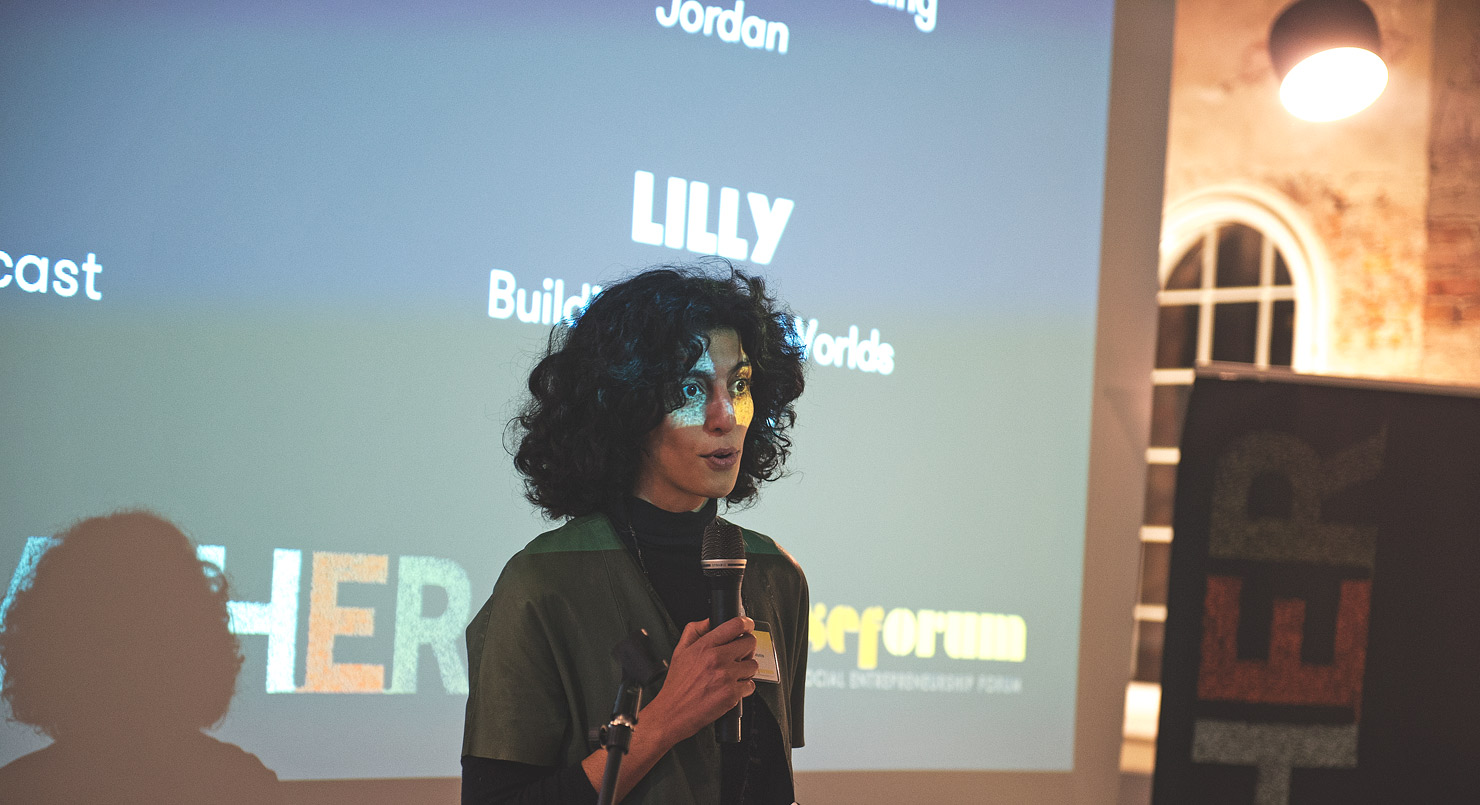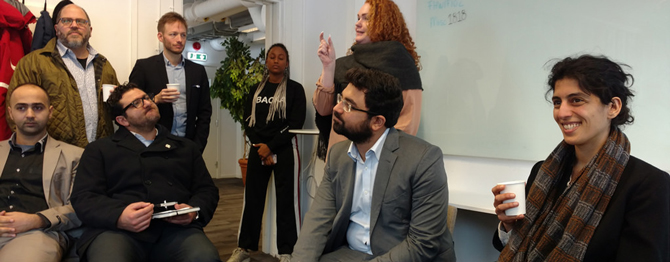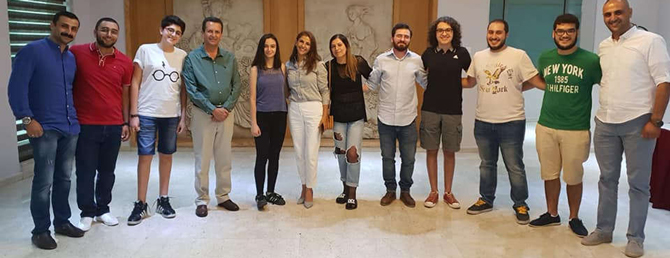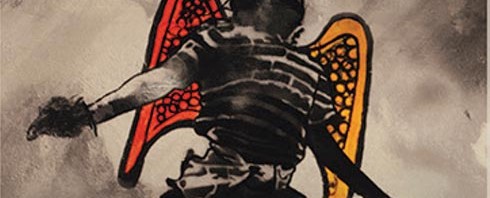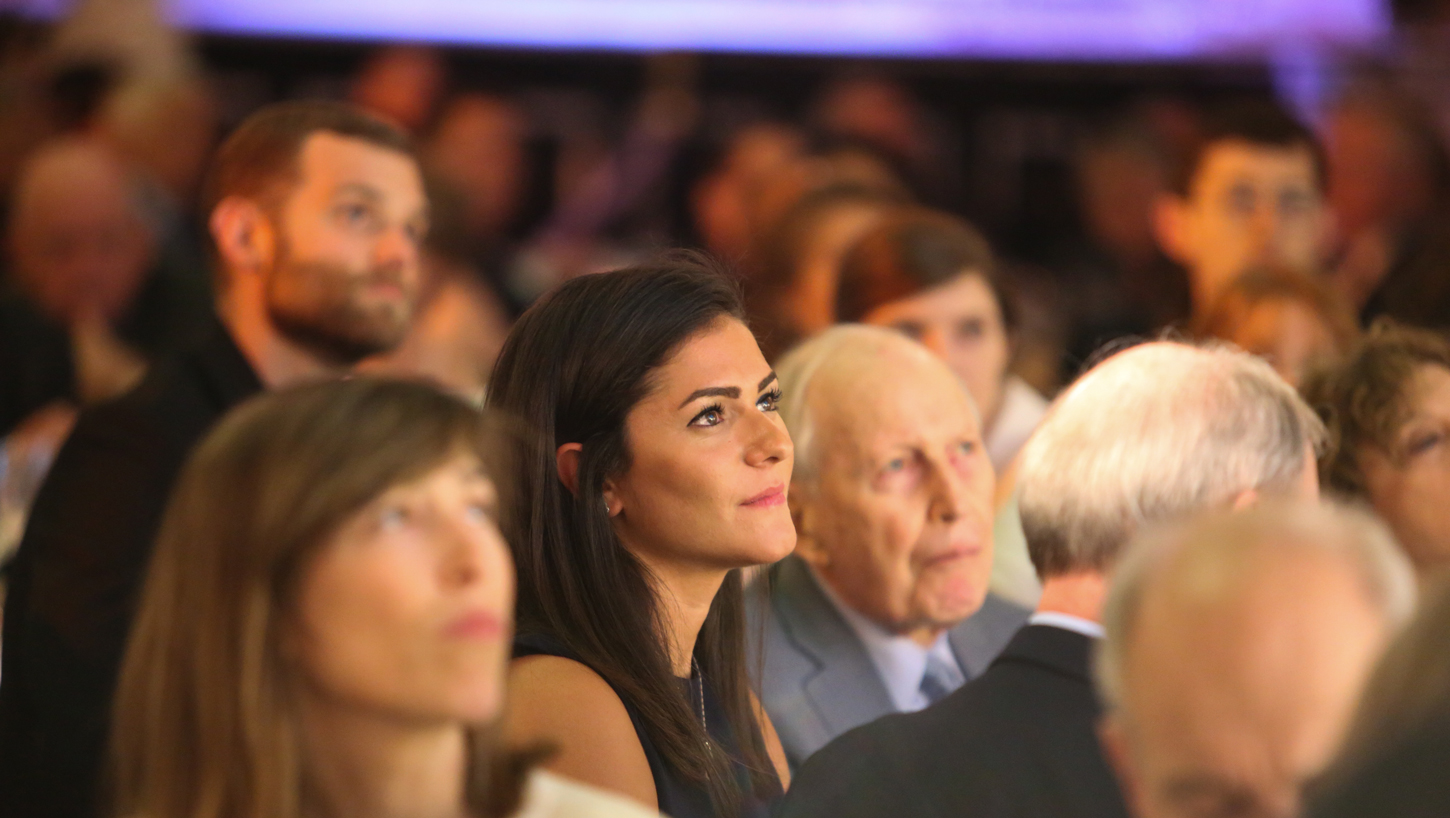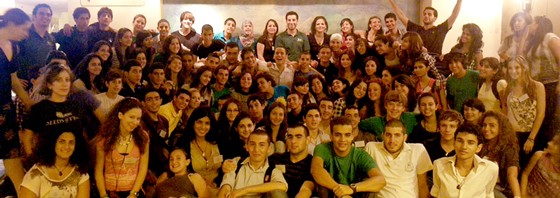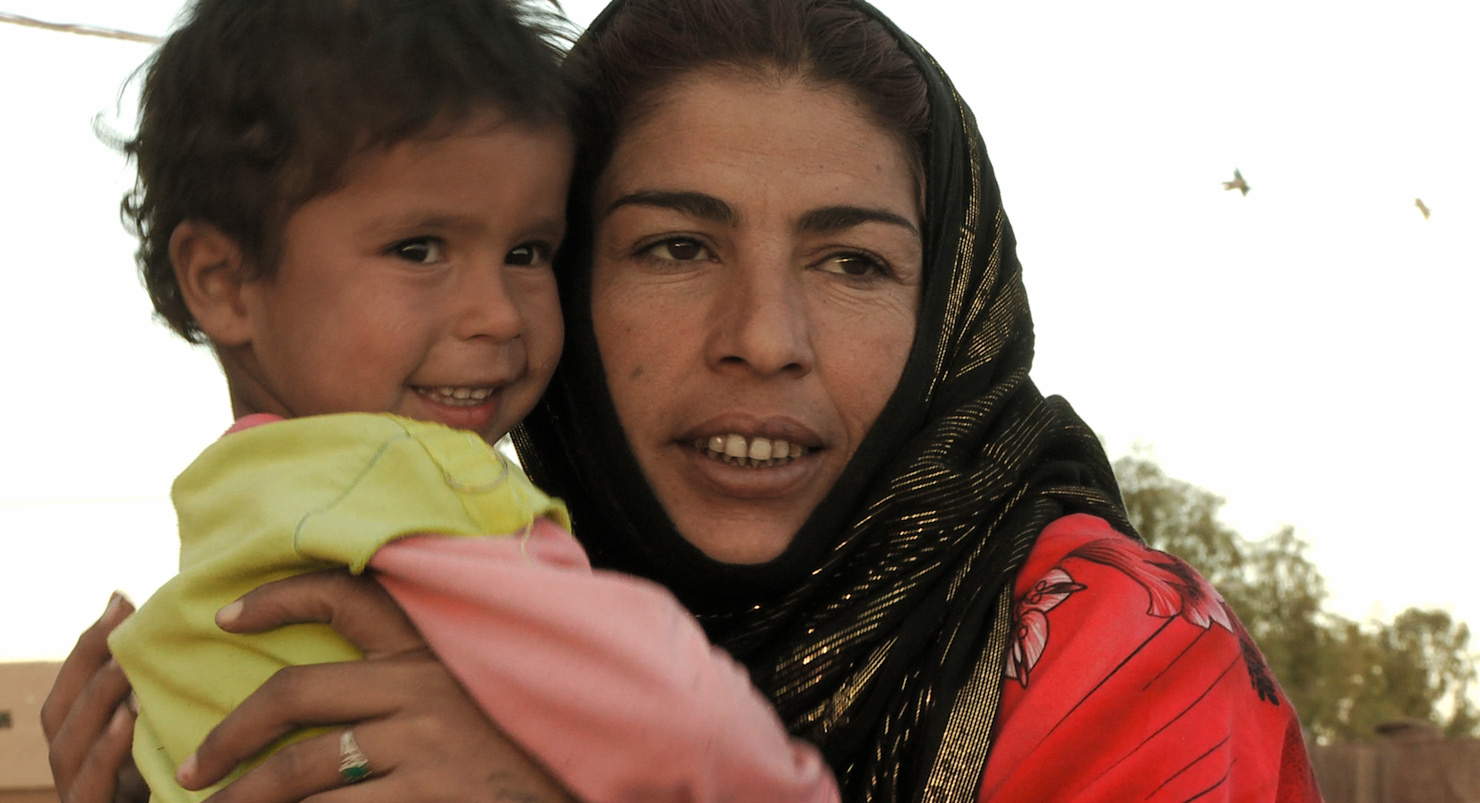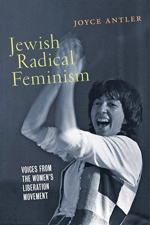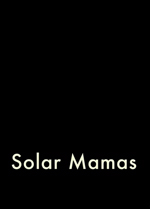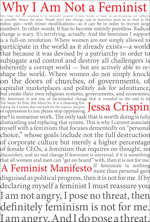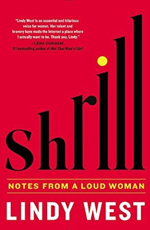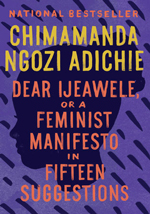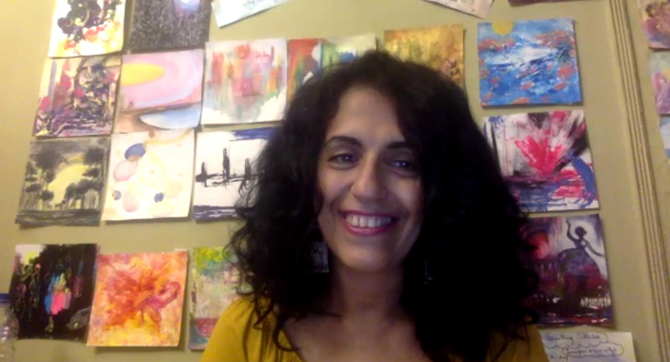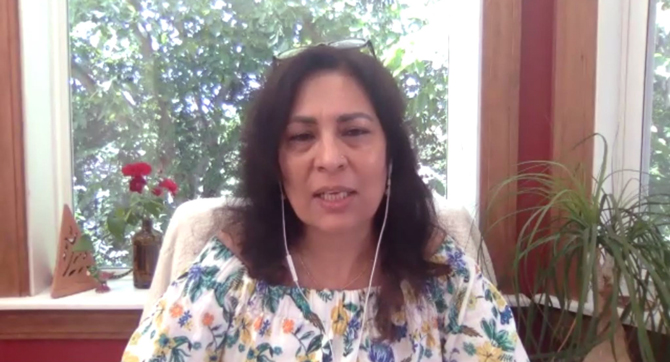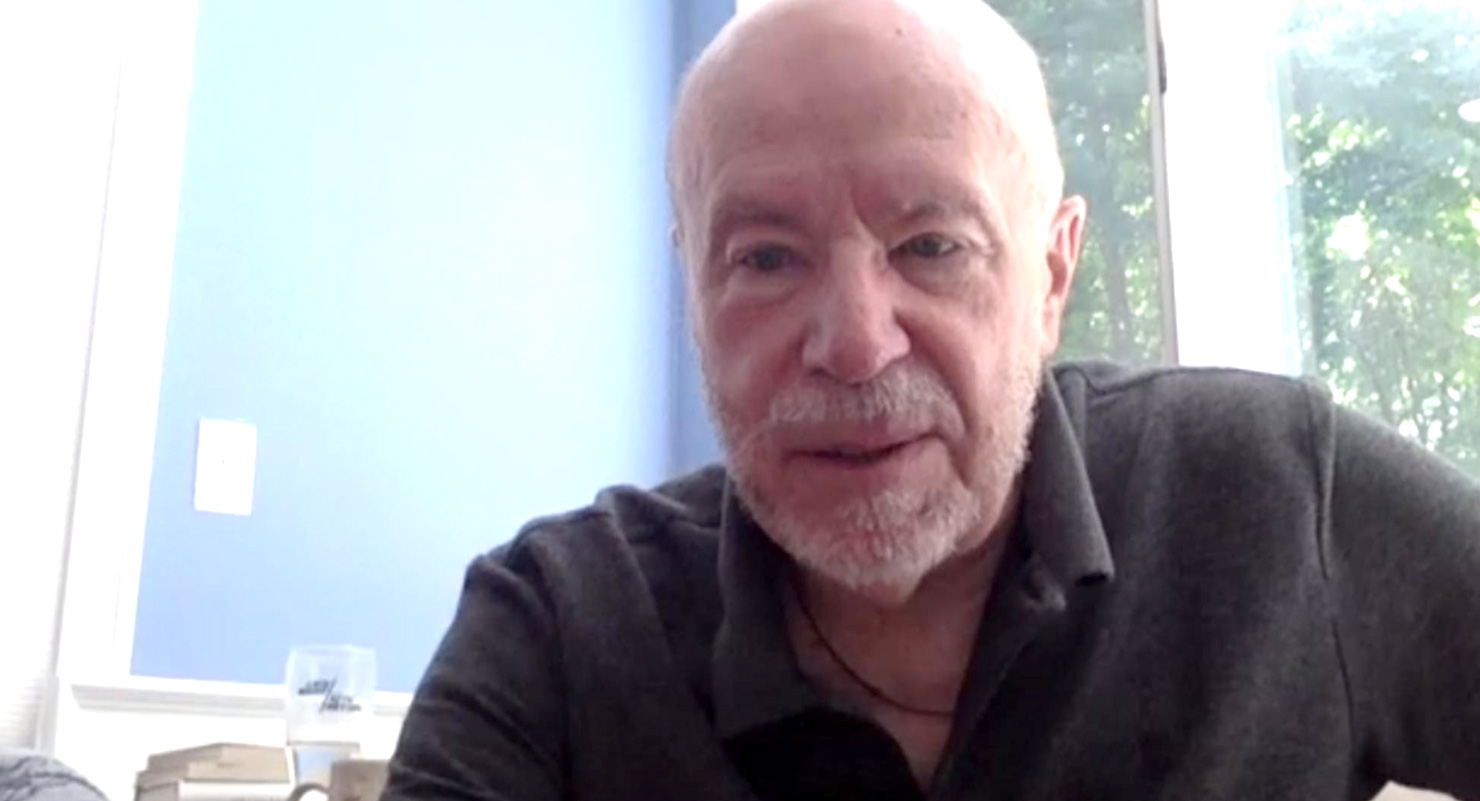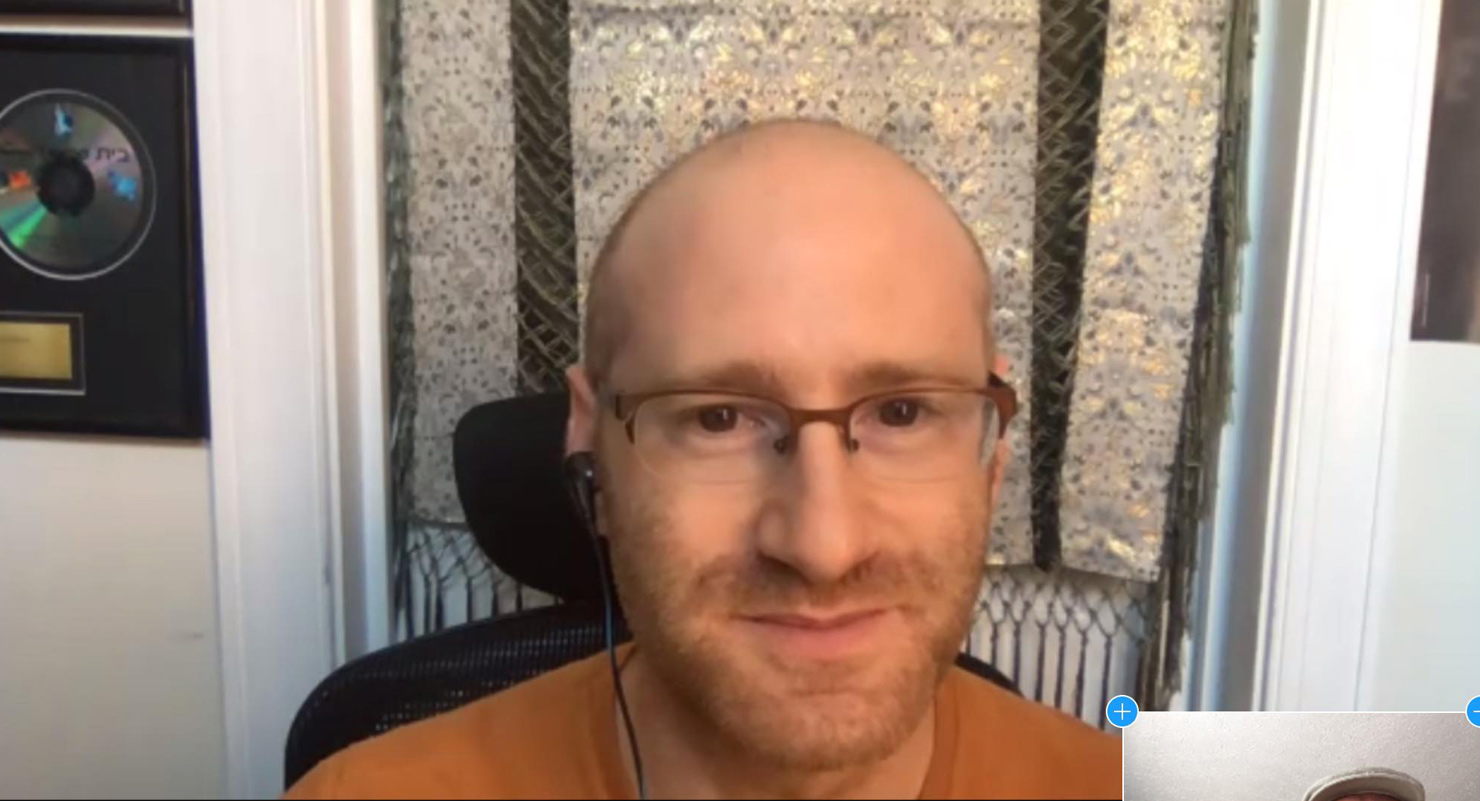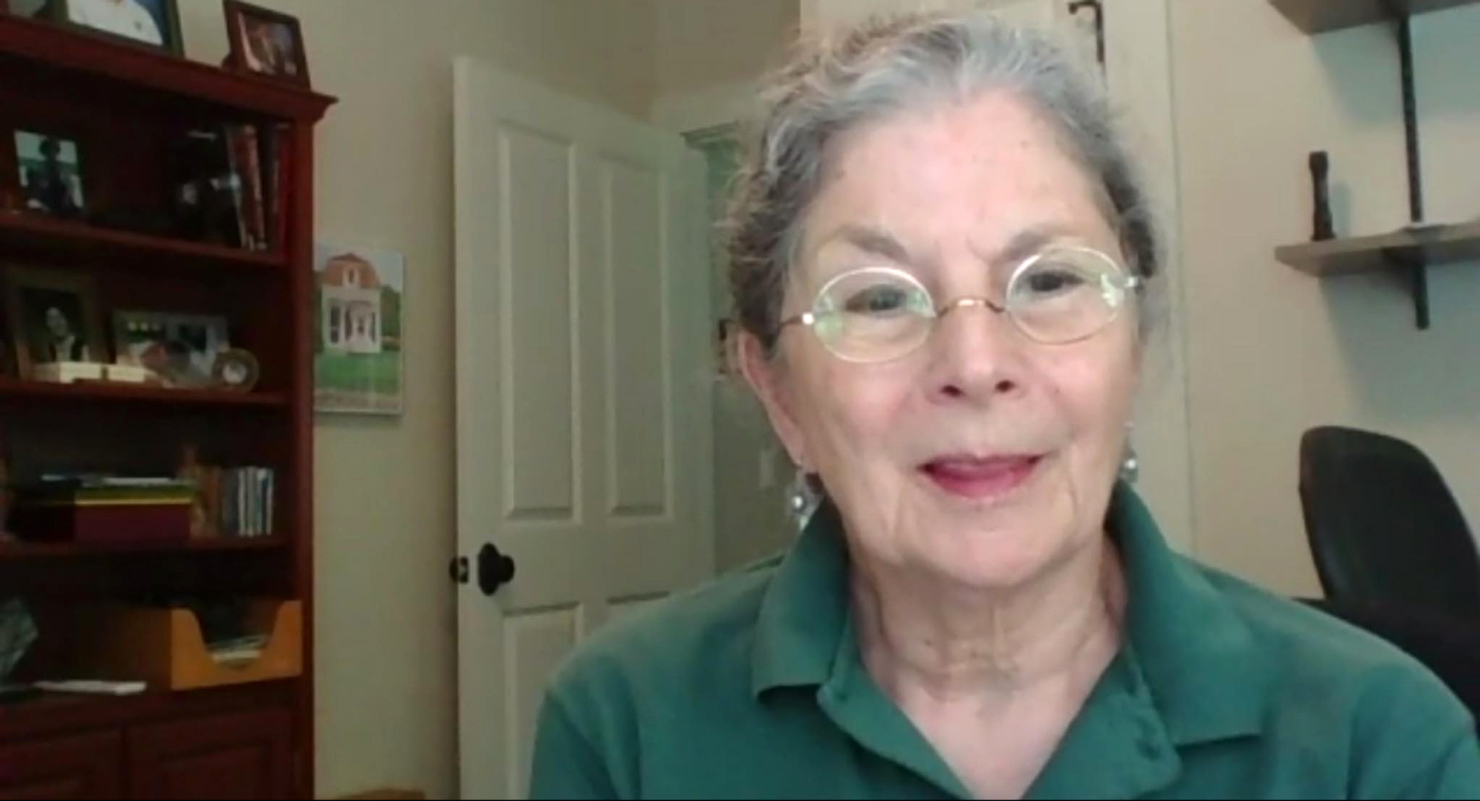Seeds of Peace is an independent American program bringing together delegations of teenagers from troubled areas of the world to study conflict resolution in the supportive environment of an overnight camp setting. The primary focus during the first five years has been on the conflict between Israel, Palestine, and other Arab states. Founded in 1993 by author and journalist John Wallach, Seeds of Peace has intensified its impact each year, increasing the annual number of participants, and expanding the regional representation from two to eight nations. Over 700 young people from all over the Middle East have graduated from Seeds of Peace and are now bringing the message of peace to their communities.
SSA: What makes this program so innovative?
SOP: It is the only program which brings together youngsters from all countries in the Arab world that have peace agreements with Israel, and Israelis, in an overnight camp starting with structured group workshops on communication and coexistence skills. It is the only program which builds a network of youth throughout the Middle East who write a newspaper together and are connected by lasting friendships through letters, e-mail, faxes, art projects, weekend retreats, telephone calls, and visits. It is the only program of its kind which has the full confidence and publicly demonstrated respect of the political leaders of the United States and the Middle East.
SSA: Describe the program mission.
SOP: The mission is to train the next generation of leaders in the conflict areas of the world for living together in peace, using conflict resolution training, along with an actual experience of living in peace in a neutral territory. In this way these young leaders are given the opportunity to sample the rewards of peace, to go beyond the universal prayers for peace, with a clear vision of what it is, armed with the skills that are needed to achieve real peace in their lifetime.
SSA: What was the unmet challenge that this program was designed to address?
SOP: Seeds of Peace stresses violence prevention in the community context. By training youngsters in effective conflict resolution techniques in an atmosphere which fosters mutual respect and understanding, leading to lasting friendships between former enemies, Seeds of Peace helps them become the seeds from which enduring peace will grow.
SSA: How do you measure the effectiveness of this program?
SOP: We continue to work with the participants after they return to the Middle East and record the innovative projects and continuing contacts with which they are involved in their own environment. It will be many years before we really know how effective we have been. But if even one of them reaches a high level of leadership in his or her country and has lived with the experience of Seeds of Peace in his or her heart since early adolescence, we will see the fruits of our labor. That leader will know that people in other countries are much like his/her own people, wanting to live peaceably in their own homes.
SSA: Could this program be replicated?
SOP: Yes, it uses several effective approaches, combined to achieve a greater impact. They are: conflict resolution training, overnight camp (away from home), group-building activities, the creative arts, continuing emotional support networks after camp and public recognition in the political arena. It is a complicated approach which has to be carefully balanced, but it could be replicated and we hope it will. Its proven impact has earned international recognition as an effective model for resolving conflicts worldwide.


